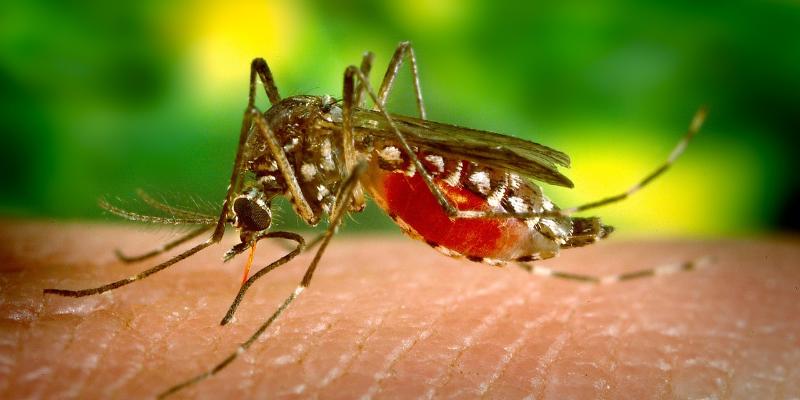Before travelling to tropical countries or countries with poor sanitary and epidemiological standards, it is recommended to consult the travel-medicine doctor who can tell us which vaccinations are the best for us. Vaccinations protect us from many contagious diseases. As it may turn out, some vaccinations are obligatory if we want to cross a country's borders.
In order to have a vaccination recommended by a travel medicine, you need to consult a doctor and get a prescription. An appointment with a doctor should be made with sufficient notice, as some vaccinations are given in two doses.
Recommended and obligatory vaccinations
Vaccinations taken before travelling can be divided into obligatory vaccinations, which are required if we want to cross some countries’ borders, and recommended vaccinations.
Current requirements: vaccinations against yellow fever (yellow plague) – if we want to travel to such countries as Angola, Benin, Burkina Faso, Burundi, the Democratic Republic of Congo (the former Zaire), Gabon, Ghana, French Guiana, Guinea Bissau, Cameroon, Congo, Liberia, Mali, Niger, the Central African Republic, Rwanda, Sierra Leone, Togo, the Islands of Sao Tome and Principe, and the Ivory Coast.
If we travel to Saudi Arabia, vaccination against meningococcal infections is obligatory.
The list of vaccinations recommended before travelling includes tetanus, diphtheria and pertussis, hepatitis B, polio, measles, mumps and rubella, Haemophilus influenzae type b, chicken pox, influenza, infection with human papillomavirus (HPV), pneumococcal disease, and rotavirus infections.
Also recommended are vaccinations against typhoid, hepatitis A, meningococcal infections, tick-borne encephalitis, rabies, cholera, and Japanese encephalitis.
You should also remember that before travelling you have to repeat some vaccinations which we had as a child under the compulsory vaccination calendar. They are so-called booster doses against tetanus, diphtheria and polio.
There are still no effective vaccinations against some diseases, for example malaria. Therefore we should remember about prevention and take antimalarial medication as a preventive measure and also use chemical protection against mosquitoes.
When you are already in the place, you should remember about the appropriate clothing and mosquito nets.
There are also no vaccinations against most of the microorganisms that cause so-called traveller’s diarrhoea. You can avoid it by observing the rules of personal and food hygiene, for example drinking only bottled or boiled water and eating heat-treated food.
Where to find information about vaccinations
Detailed information on obligatory vaccinations required in particular countries and regions, taking into account the current epidemiological situation, are published and updated on the websites of the World Health Organisation (WHO)www.who.int/ith and the American Centre for Disease Control and Prevention(CDC) www.cdc.gov.travel.
A list of places where you can get vaccinations is published on the website of the Chief Sanitary Inspectorate www.gis.gov.pl.









Comments (0)